Plant Medicine and Psychedelic Nonprofit Organizations
Since the 1990s, research and acknowledgment of the therapeutic benefits of psychedelics have increased, with many studies demonstrating the positive psychological effects of substances such as psilocybin, MDMA, LSD, ayahuasca, and ketamine. However, despite these advances, due to some continued regulations and restrictions around psychedelics, this research has been somewhat limited.
In response, many nonprofit organizations (NPOs) and private institutions have taken an interest in the funding and advocacy of therapeutic psychedelic research and use. Supporting and donating to these organizations will help to increase and spread information and understanding of the medicinal effects of psychedelics.
Nonprofit Organizations
We’ve compiled a list of major psychedelics nonprofits worthy of donations and support. Click on the logos below for more information, website links and to find and follow their social media channels.
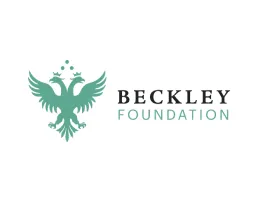
Beckley Foundation
Beckley Foundation
The Beckley Foundation is a nonprofit organization based in the UK that was created in 1998 by Amanda Feilding. Their work focuses on psychedelic research and policy reform, including research into the medicinal benefits of psychedelics, harm reduction techniques, and the development and change of global drug policies involving the health and rights of all individuals. The foundation has collaborated with some of the world’s leading researchers and institutions, including Johns Hopkins University and the International Center for Ethnobotanical Education, Research, and Service. Albert Hofmann, the scientist who discovered LSD, was the founding member of the organization’s Scientific Advisory Board until his death in 2008. The Beckley Foundation raises awareness of psychedelic research and global policy reform initiatives through the media and public seminars. In the interest of transparency, they provide clear reports of their funding and expenses, research involvement, collaborations, and plans.

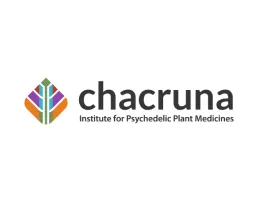
Chacruna Institute
Chacruna Institute
The Chacruna Institute is a nonprofit organization that aims to increase the understanding of psychedelics and plant medicines while protecting cultural traditions and diverse identities. Their work advocates for changes in social, legal, and healthcare systems relating to psychedelic use, with equality at the forefront. They provide research and studies of psychedelic medicine in accessible forms, including forums, discussions, workshops, and conferences. The training and education they provide includes knowledge of sacred traditions, drug policy, and the therapeutic benefits of psychedelics. They promote and advocate for the rights of and justice for individuals involved in psychedelic science, including women, LGBTQ+ communities, Indigenous communities, and people of color. Chacruna provides an annual report demonstrating funding, expenses, and evidence of their impact.

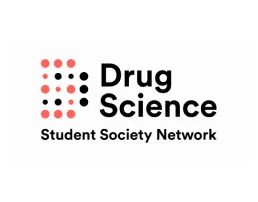
Drug Science
Drug Science
Drug Science was founded in 2010 by David Nutt, the former Chair of the Advisory Council on the Misuse of Drugs in the UK. It is an independent charity led by experts to develop research on psychedelics and other substances and provide knowledge to the public and policymakers. They aim to deliver honest, unbiased information about substances to promote their therapeutic and healing effects and harm-reduction techniques. Drug Science advocates for the reclassification of psychedelics through evidence-based research and improved understanding. They also provide educational resources through online course material, podcasts, and books.

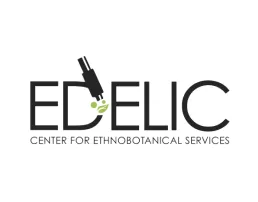
Edelic Center for Ethnobotanical Services (ECFES)
Edelic Center for Ethnobotanical Services (ECFES)
The Edelic Center for Ethnobotanical Services was founded in Eugene, Oregon, in 2015 as a resource for educational materials relating to preparing, using, and understanding various plant medicines. They became a nonprofit organization in 2016 and now work as an educational public community trust, focused on providing information on psychedelic plants and culture to raise awareness, understanding, and accessibility. They work within their local community to deliver education on safe use, harm reduction, legal advocacy, and healing properties through offering events, workshops, presentations, and integration circles. Their team comprises professionals, volunteers, and advocates working collaboratively toward their goals. They provide an extensive library of information about psychedelic research findings, culture, medicinal and psychological uses, spirituality, and politics.

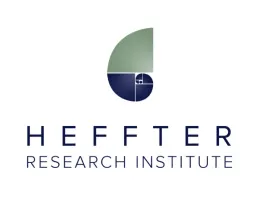
Heffter Research Institute
Heffter Research Institute
The Heffter Research Institute, incorporated in 1993, is a nonprofit organization that promotes and is closely involved with ongoing research into the medicinal and therapeutic effects of psychedelics. The organization was reportedly instrumental in financially supporting and mentoring several breakthrough research centers and projects, including the Usona Institute and Johns Hopkins Center for Psychedelic Research. Heffter has been involved in the design and funding of numerous trials and studies investigating the medicinal effects of psilocybin, including its use in addiction treatment and cancer-related distress. The organization has provided grants to leading psychedelics research teams and promotes the strict use of protocols to ensure the safety of all participants.

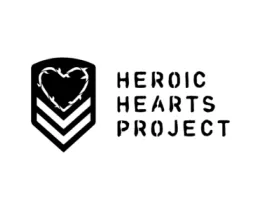
Heroic Hearts Project
Heroic Hearts Project
Heroic Hearts Project is a nonprofit organization that was founded in 2017 by Jesse Gould, a former Army Ranger. Gould experienced severe PTSD after returning from combat and later discovered the healing properties of ayahuasca. He initiated the project intending to provide the same experiences for other veterans with PTSD and has since helped hundreds of people. Heroic Hearts supports veterans with preparation, education, access to psychedelic programs, peer support, and family support. They also promote and advocate for psychedelic research and accessibility.

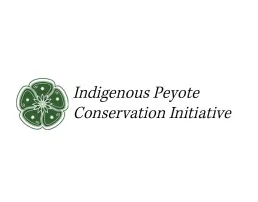
Indigenous Peyote Conservation Initiative
Indigenous Peyote Conservation Initiative
The Indigenous Peyote Conservation Initiative (IPCI) was founded in 2017 and is a nonprofit organization focused on protecting the spiritual and therapeutic connection between Indigenous communities and peyote. IPCI aims to empower and support Indigenous communities in the protection and conservation of the plant after increasing declines in peyote populations caused by factors such as non-Native use, improper harvesting techniques, illegal poaching, and legal changes in land ownership and rights of Native tribes. The organization helps protect and sustain the rights of Indigenous people, spiritual harvests, and the land on which the plant grows. This involves providing education and projects around replanting, sustainable harvests, and distribution policy changes.

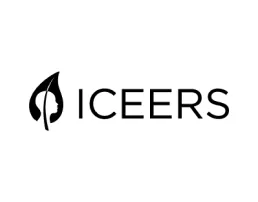
International Center for Ethnobotanical Education, Research, and Service
International Center for Ethnobotanical Education, Research, and Service
The International Center for Ethnobotanical Education, Research, and Service (ICEERS) is a nonprofit organization that aims to alter public perceptions and relationships with psychoactive plants. They provide information and education through their website, conferences, research publications, and workshops. ICEERS is involved in ongoing research on the therapeutic benefits of several psychoactive substances, including ayahuasca, ibogaine, and cannabis, and has published many peer-reviewed studies demonstrating their effects. They provide information and expertise relating to laws and policies on psychedelic drug use and promote the rights of individuals involved, including Indigenous communities. ICEERS has collaborated with several institutions and organizations, including MAPS and the Beckley Foundation.

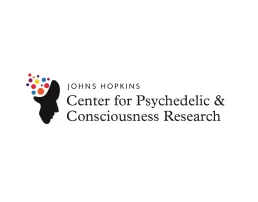
Johns Hopkins Center for Psychedelic & Consciousness Research
Johns Hopkins Center for Psychedelic & Consciousness Research
The Johns Hopkins Center for Psychedelic and Consciousness Research is a research institute primarily funded by nonprofit organizations. They aim to develop potential psychedelic treatments for mental health and well-being and increase scientific understanding. The center is one of the leading research institutes in the U.S. and worldwide investigating the therapeutic use of psychedelics. They have published over 150 groundbreaking studies into the medicinal use of psychedelics, including psilocybin therapy for addiction, depression, eating disorders, and obsessive-compulsive disorder (OCD). They were the first to receive approval for psilocybin research with drug-naïve participants and published a landmark study in 2006 demonstrating the positive effects of psilocybin treatment. Their research and evidence have helped to advocate for policy reform and substance reclassification and provide frameworks to inform and guide ongoing psychedelic research and clinical education.


Microdosing Collective
Microdosing Collective
Dedicated to advancing the right to microdose and legalizing microdosing. The Microdosing Collective informs people about the truth of microdosing and psychedelics. Through educational webinars and in-person activations, they shed light on the many aspects of microdosing, sharing objective knowledge about the benefits and risks of this cutting-edge modality. They also avance policies that enable adults to obtain safe and regulated microdosing products.

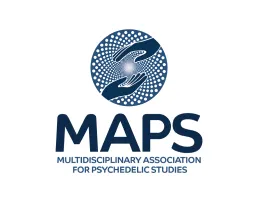
Multidisciplinary Association for Psychedelic Studies (MAPS)
Multidisciplinary Association for Psychedelic Studies (MAPS)
MAPS is a nonprofit organization focused on psychedelic research and education. Their work includes investigating and advocating for the medicinal uses of psychedelics, policy reform, and harm reduction techniques. MAPS has reportedly raised over $130 million for psychedelic research and education. They have been conducting and involved with research into the therapeutic benefits of MDMA, marijuana, LSD, ibogaine, and ayahuasca. MAPS funded recent research into MDMA-assisted therapy for PTSD, which has proven positive outcomes in Phase III trials. MAPS advocates for the decriminalization of all drugs, to allow for their safe and beneficial uses. Evidence of their positive impact and reputation includes the GuideStar Platinum Seal of Transparency and a 4-star rating from Charity Navigator.

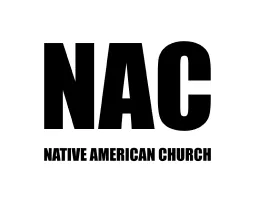
Native American Church
Native American Church
The Native American Church of North America (NACNA) is a religious group and nonprofit organization that includes Native American communities across North America. They are focused on preserving and protecting the rights of Indigenous communities and their spiritual and traditional uses of plant medicines. They provide guidance and protection to their members, educating and strengthening sacred practices and traditions. The NAC works alongside IPCI to conserve peyote growth and use.

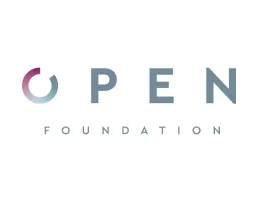
OPEN Foundation
OPEN Foundation
OPEN Foundation was founded in 2007 and is Europe’s leading nonprofit organization focused on the development and progression of psychedelic research and therapies. They aim to advance and integrate psychedelic research to influence healthcare and society and promote safe access to psychedelic medicine using ethical and collaborative principles. OPEN Foundation provides conferences, events, workshops, and online seminars that are accessible to professionals and members of the public. Experts at these events share, discuss, and advance the knowledge of psychedelics and their potential therapeutic benefits. The organization also compiles and provides information about psychedelics, including recent research papers, books, presentations, and video conferences. They collaborate with many global organizations such as MAPS, ICEERS, and the Beckley Foundation. In the interest of transparency, the organization shares online access to its financial reports, dating back to its inception in 2007.

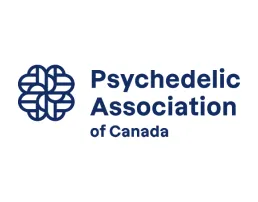
Psychedelic Association of Canada
Psychedelic Association of Canada
The Psychedelic Association of Canada (PAC) was founded by members of the Canadian psychedelic community and later joined by professionals in medical and therapeutic fields. They became a nonprofit organization in 2019, intending to promote and inform about the healing potential of psychedelics, their traditional origins, and the political changes required to make psychedelics a mainstream and accessible treatment option. Their goal is to improve lives by offering access to psychedelic medicine while supporting and protecting communities and environments through sustainable and ethical practices. They are involved in studies and research into the medicinal purposes of psychedelics and provide information through online resources, media, events, and conferences. PAC collaborates and is allied with several other NPOs, including Chacruna and MAPS.

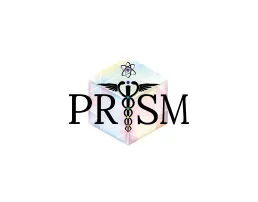
Psychedelic Research in Science and Medicine
Psychedelic Research in Science and Medicine
Psychedelic Research in Science and Medicine (PRISM) is a nonprofit organization based in Australia that focuses on the development and support of psychedelic research. They have been involved in studies of the therapeutic benefits of psilocybin for anxiety and depressive disorders, the impact of MDMA on PTSD, and a collaboration with the Usona Institute on pioneering research leading to 5-MeO-DMT Phase I trials. PRISM works to advance knowledge of psychedelic-assisted therapies, consciousness, and well-being with research and evidence-based treatments. Their work involves clinical trials, new therapies, education, and providing scientific expertise to support and develop harm reduction policies. They are involved with several organizations worldwide, including MAPS and OPEN Foundation.

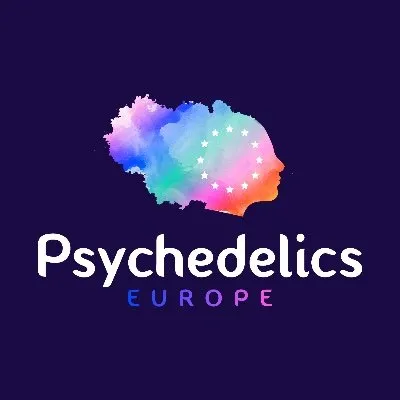
Psychedelics Europe
Psychedelics Europe
Psychedelics Europe is an organization focused on promoting the therapeutic benefits of psychedelic treatments, legislative changes, and the development of evidence-informed policy across Europe. They collaborate with research centers, NPOs, and private investors and advocate for mental health care innovation for Europeans by providing education and awareness to the public and national and international leaders, including the United Nations (UN). They also promote ongoing research and the acknowledgment and integration of the medicinal benefits of psychedelics.

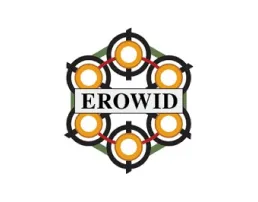
The Erowid Foundation
The Erowid Foundation
The Erowid Foundation is a nonprofit member-supported organization, focused on providing educational resources about psychoactive plants. Their staff and volunteers gather knowledge from expert academic and medical sources to deliver accessible, unbiased, and accurate information. They give a comprehensive background on the many psychedelic substances, including information on dosing, effects, testing, laws and policies, spiritual, cultural, and medicinal histories, and first-person perspectives. They aim to help people understand and respect psychedelics and to advocate for better and safer choices and policies around their use.

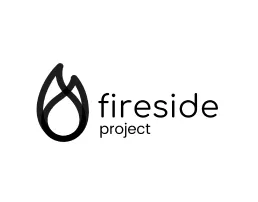
The Fireside Project
The Fireside Project
The Fireside Project is a nonprofit organization that offers a helpline, called the Psychedelics Peer Support Line, which individuals can call or text to discuss a current or past psychedelic experience. This line has been active for two years and is the first of its kind. Impact reports published by the organization on their website show that they have received over 11,000 calls and texts within their first two years, with 95% of these callers stating that they felt heard and supported by the person they spoke to. The line is run by over 300 volunteers, including transgender people, BIPOC, and military veterans, who have undergone training to provide compassionate and nonjudgmental emotional support. The organization co-authored a published peer-reviewed article demonstrating its support line’s positive impact on harm reduction and emergency services requirements. Fireside has shared its work and research with many colleges, organizations, and conferences, and has been featured in several publications.

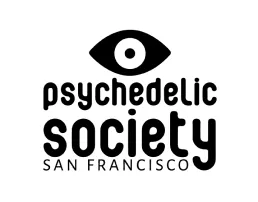
The Psychedelic Society of San Francisco
The Psychedelic Society of San Francisco
The Psychedelic Society of San Francisco is an NPO dedicated to the integration of psychedelics. They provide information, resources, and educational courses to advance the knowledge and understanding of medicinal and safe uses of psychedelics. The organization advocates for the decriminalization of drugs and the rights of those who use them while also honoring traditional and indigenous practices. They also provide resources to support individuals with addiction recovery and spiritual or personal development.

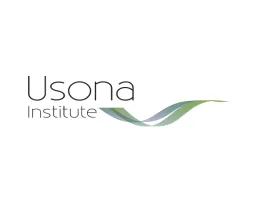
Usona Institute
Usona Institute
The Usona Institute is a nonprofit organization focused on the medical research of psychedelics. They aim to improve and share awareness of mental health treatments and education through their studies. This includes an upcoming Phase III trial into the use of psilocybin treatment and a Phase I trial of 5-MeO-DMT. Their work has been approved by the U.S. Food and Drug Administration (FDA) as Breakthrough Therapy research, following rigorous adherence to standards and protocols. Usona has been collaborating with experts, scientists, and organizations around the world to promote and advance psychedelic research and provide training and education to ensure the safe application of psychedelic-assisted treatments in the future.

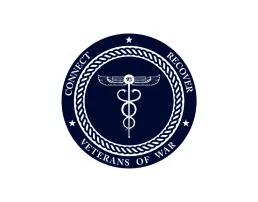
Veterans of War
Veterans of War
Veterans of War is a nonprofit organization that hopes to eradicate veteran suicides with psychedelic healing. They provide a six-month program to military veterans that delivers education, support, psychedelic medication, and integration. The aim of this is to allow veterans to process and potentially overcome the psychological harm they have experienced during and following combat, such as PTSD, anxiety, depression, and addiction. The program takes a group of veterans through months of group therapy, preparation, and education, followed by an eight-day psychedelic workshop in Peru. During this time, they drink ayahuasca and practice yoga, meditation, and coaching. This is followed by months of integration and support and the opportunity to develop long-term peer support. This program is based on and supported by extensive research into the healing properties of psychedelics. Individuals who have taken part have reported significant positive changes to their well-being. Veterans of War also use donations to provide support to the native tribes living in the area in which they attend the workshop.


